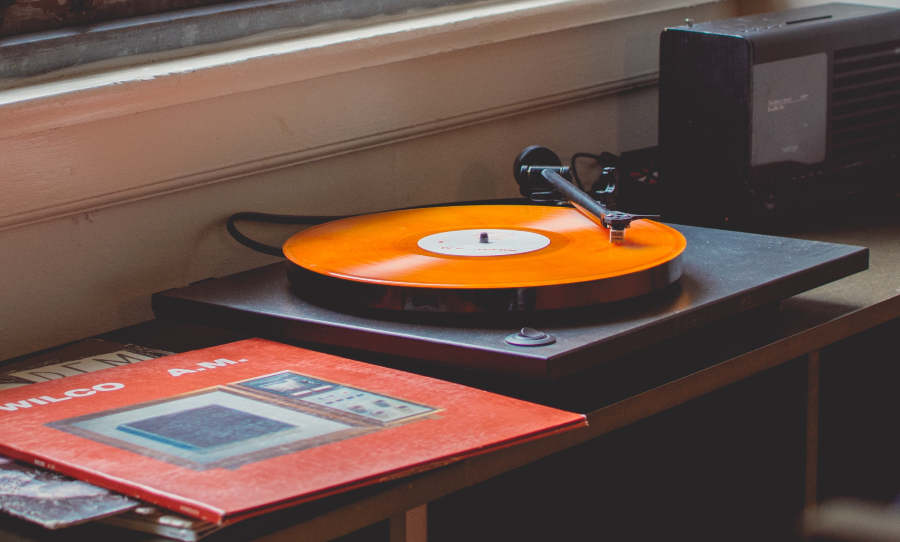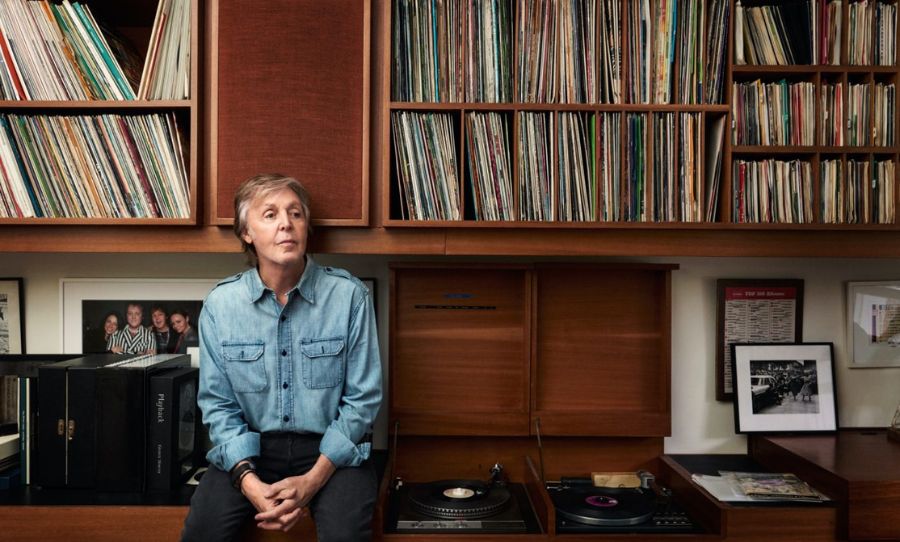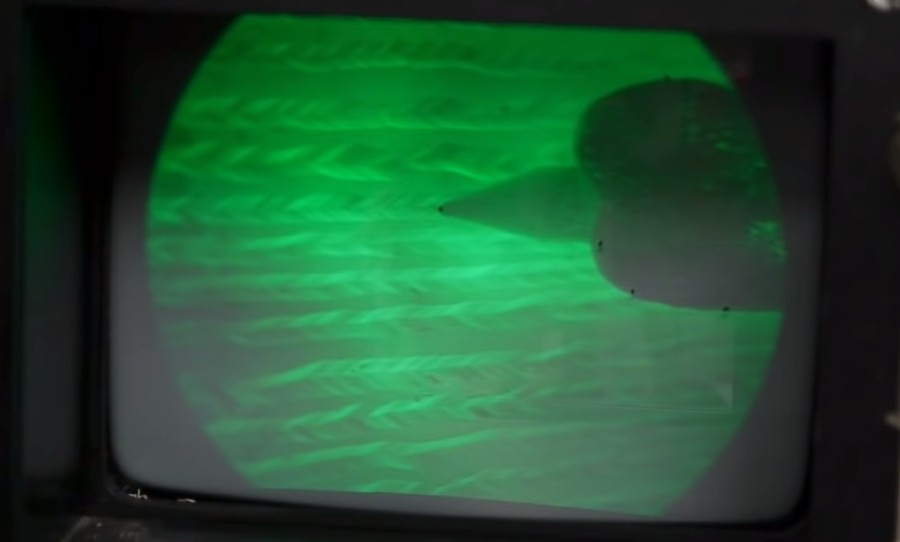Is the internet really the best place for a rare vinyl transaction? We’re here to find out whether Discogs is the place to buy physical music, and why.
It started as these things usually do. With the gentle prodding of a friend. A certified ‘Deadhead’ directed me towards the official release of the Grateful Dead‘s Pacific Northwest 73-74’ tour, wherein they constructed the most monolithic and advanced onstage PA system of all time, deservedly coined the ‘Wall Of Sound’. I had never heard such textured, rich live sound, especially from the 70s, and was genuinely amazed.
When hunting down a vinyl pressing, I decided to turn my gaze towards Discogs. You may have wondered from time to time is Discogs legit completely? So, let’s jump in and work out why Discogs is the internationally renowned platform that it is, and whether the curtain of the internet allows collectors to exercise more shady practices.
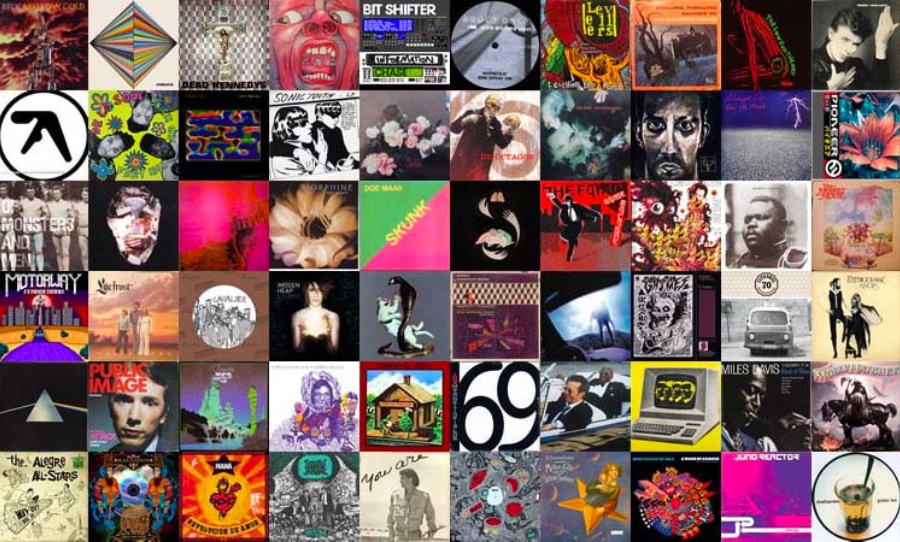
What is Discogs?
Simply put, Discogs is three things: a discography of all the world’s music, a community for lovers of music, and a marketplace for the trading and transaction of music.
Discogs has the most comprehensive online collection of audio recordings in the world. With everything ranging from bootlegs to interviews, Discogs acts as the middle man of online transaction, connecting vinyl collectors around the globe. The Discogs review option also acts as an online discography site where music lovers can engage in forums and rank their collections based on worth and rarity.
Furthermore, as such a comprehensive global database it is widely referred to for accurate stats regarding the existence of a piece of music. Thus, many collectors use Discogs to accurately judge the worth of their collection. That’s right! You can log every single record you own, effectively ranking your collection against others worldwide to judge the rarity of each pressing and score your hoard.
Where did it come from?
Discogs was registered in November 2000 by programmer, DJ, and music fan Kevin Lewandowski with the goal of building the largest online database of electronic music. In 2003 the system was completely re-written to support other genres starting with hip-hop. Over time this grew to include classical, jazz, rock, blues, Latin, funk, soul, reggae and even non-music like comedy records, field recordings, and interviews.
With a crowdsourced database of all things audio there has never been a more expansive collection so readily available. Last year, Discogs processed 35.75% more orders – a total of over 8.8 million orders, which translates to “16 million pieces of physical music“.
Since 2007, all paid access features were abolished and made free of charge. This meant abandoning subscriptions for a fairer revenue system and allowing all users to view the Market Price History of each item – a 12-month view of historical sales for any release.
This willingness to abandon the monetisation of musical information is what aided Discogs in becoming the user-supported, worldwide musical giant that it is today.
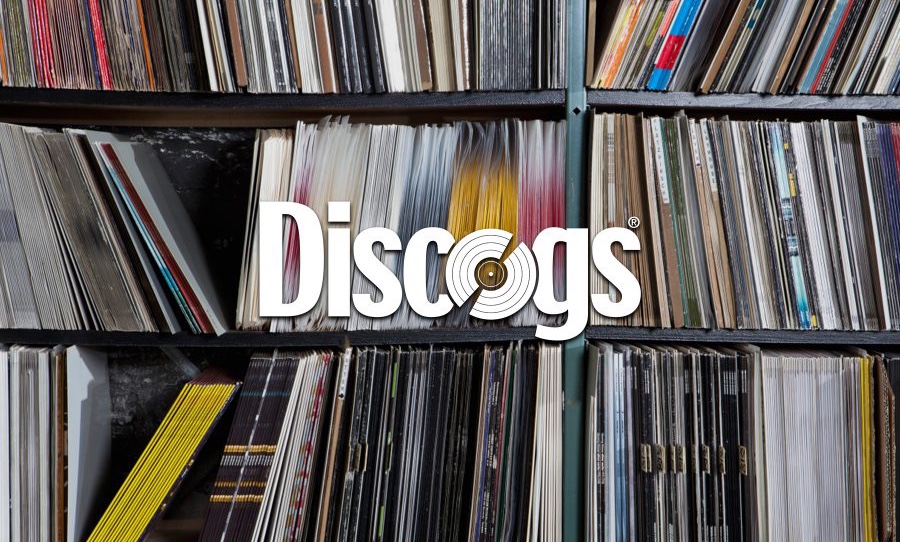
How to use it?
Marketplace
Discogs marketplace is as simple as any other. By cutting out the costs of distribution, advertising and re-stocking, labels are able to sell their vinyl at considerably less than is found in the store. Thus is the nature of all online shopping, however, it, of course, extinguishes the human element of vinyl archaeology.
When buying from personal collectors is where things get a little more interesting. It’s important to be aware of the rating of each seller as well as their reviews. As a general rule of thumb if a user’s rating is lower than 99.8, be on your guard. When buying rare or expensive pressings always ask for multiple photos of both the casing and the inner stamp to define vinyl record you’re buying is the one you want.
That being said, marketplace miscreants are a rarity. Generally Discog vinyl is a safe and respected platform for selling and buying music.
Cataloguing
Perhaps you want to put your hoard under the microscope and stand it up against the collectors of the world, or perhaps you want to find out if the Abbey Road pressing is really the first one. Discogs is the perfect place for verifying the veracity of vinyl.
There is an effectively comprehensive guideline to cataloguing vinyl on the Discogs website. However, it’s important to have the exact copy in front of you when cataloguing it and to stick to provable facts. Just because the guy down the road said it was the first pressing doesn’t mean it necessarily is.
Community
The community of Discogs is another major selling point for the site. With the ability to engage in public forum, add friends and join groups of like-minded music lovers, it’s no wonder Discogs has created a global society of musicians and listeners alike, willing to trade, talk and discover new sounds via the Discorg website.
